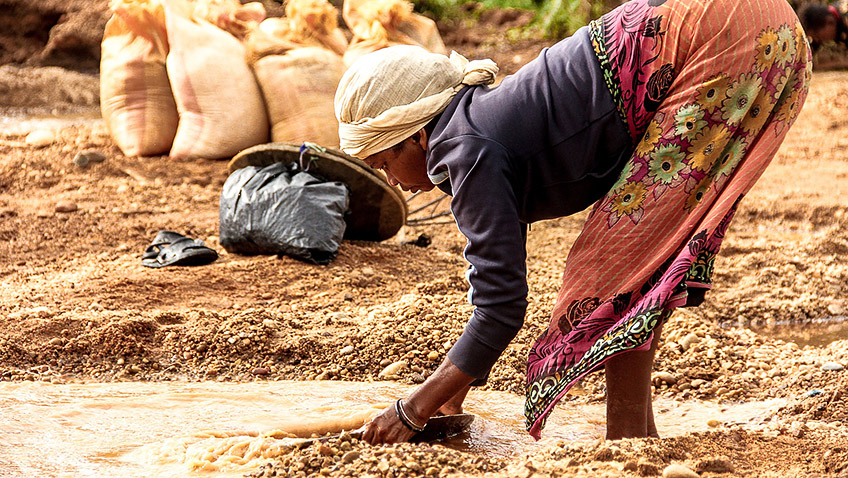Imagine being unable to turn on the tap when you are thirsty or relax in the bath when you need to wash, but instead having to walk away from your home to collect and carry unsafe surface water from a pond or stream. For too many people, right now, this is reality.
According to WHO/UNICEF, 2.1 billion people live without safe water at home and 159 million people rely on collecting surface water in order to drink; around 4 billion people – nearly two-thirds of the world’s population – experience severe water scarcity during at least one month of the year.
This is why World Water Day exists. World Water Day strives to make a difference for the members of the global population who suffer from water related issues; it’s a day to prepare for how we help those people and manage water in the future. And most of all, it’s an opportunity to take action, encourage engagement and share knowledge on the importance of fresh water resources.
2019’s World Water Day, which takes place on 22nd March, focuses on the theme, “Leaving no one behind”, emphasising the importance of marginalised groups – women, children, refugees, indigenous peoples, disabled people and many others – who are too often overlooked, and sometimes face discrimination as they try to access and manage the safe water they need.
The UN states that: “the human right to water entitles everyone, without discrimination, to sufficient, safe, acceptable, physically accessible and affordable water for personal and domestic use; which includes water for drinking, personal sanitation, washing of clothes, food preparation, and personal and household hygiene.”
But people are being left behind and are not getting this basic human right. This is for a number of reasons, including “grounds for discrimination” such as: sex and gender; race, ethnicity, religion, birth, caste, language, and nationality; disability, age and health status; property, tenure, residence, economic and social status. Other factors include environmental degradation, climate change, population growth and conflict.
World Water Day calls for people to share this crucial message about the reality of the water crisis and how it affects every aspect of society and if possible to gather people together to share ideas or attend an event that could make a difference to people living without safe water.
For more information on World Water Day and how you can help, visit: www.worldwaterday.org




